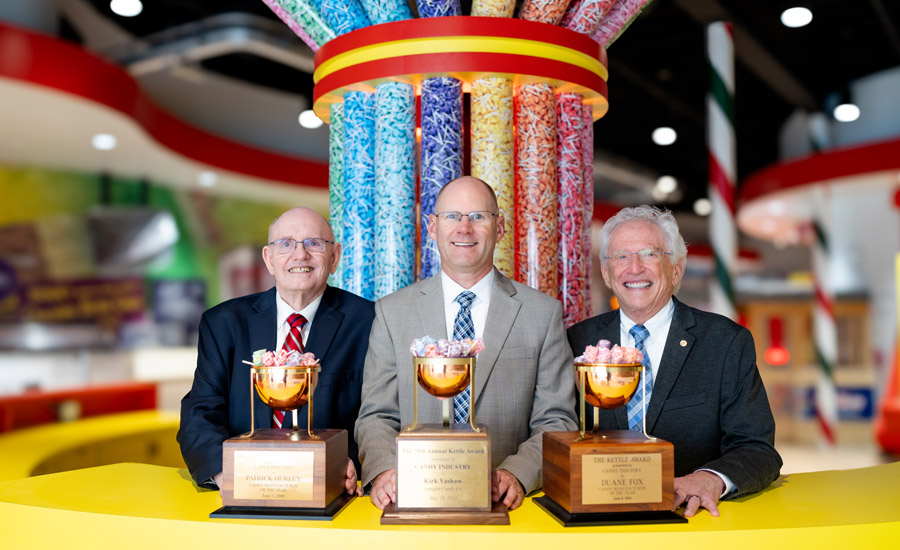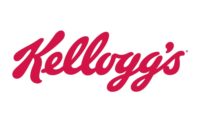The Kettle Award represents the highest recognition an individual working within the U.S. confectionery industry can attain. Candy Industry, a microsite on Snack Food & Wholesale Bakery, has been the host of the Award and also the yearly gala since its inception in 1946.
On May 23, 2023, Kirk Vashaw—chairman and CEO, Spangler Candy Co., and a fourth generation Spangler employee—received the 76th Annual Kettle Award, in Chicago. He made history in doing so: Spangler now has three living Kettle Award recipients, the most of any confectionery company.
Candy Industry was able to visit Spangler in Bryan, OH in October 2023, and sat down with Vashaw and the other two recipients: Duane Fox, who received the Kettle in 1993, and Pat Hurley, who received it in 2000.
Career accomplishments
“My proudest accomplishment is 40-plus years at Spangler Candy, for one, as it allowed me to grow with the company, and it was a wonderful opportunity,” says Fox. “Probably one of [my] proudest moments was receiving the Kettle Award [and] for the work that I had been involved with in the industry—[I was the] chairman of the National Confectioners Association. It was a great career and a great involvement with the candy industry.”
Vashaw says that his would be when the Dum Dum brand, one of Spangler’s flagship brands, became the number one lollipop in the U.S. by dollar volume, around 2011/2012.
“That was really exciting for the factory. It’s a position that we maintain and work very hard to maintain, because we have fierce competition,” he explains. “[I’m also] very excited about the water tower. Everybody in the community really enjoys it, and that's just very rare.”
Hurley, who worked at Spangler for 50 years, says his proudest accomplishment was the education of people in the candy industry.
“I worked with PMCA, AACT, and NCA, putting out programs to educate members of the candy industry. Other than that, I did a lot of research for Spangler. It was a wonderful career and I had a good boss,” he says, gesturing to Fox, “[which made] all the difference in the world.”
Personal meaning
When asked what the confectionery industry meant to each Kettle recipient, Vashaw says that “the industry produces smiles for [children], with Dum Dums and candy canes. Part of the fabric of celebrating holidays is candy—it's such an important industry and we're in a world that needs more smiles.”
“We have so many great family businesses—it’s a broad, diverse industry, with lots of different players. I think we all are trying to do the same thing; we're all trying to grow, [and] make more smiles for people, and that's a good place to be. I think the industry really supports itself—it's competitive, yes, but we all want to see the industry do well, and that’s at the heart of every candy company,” Vashaw relates.
Fox says that when he initially started with Spangler, he just needed a job. However, his time at Spangler opened up a whole new world, and his work experience began to grow with the company.
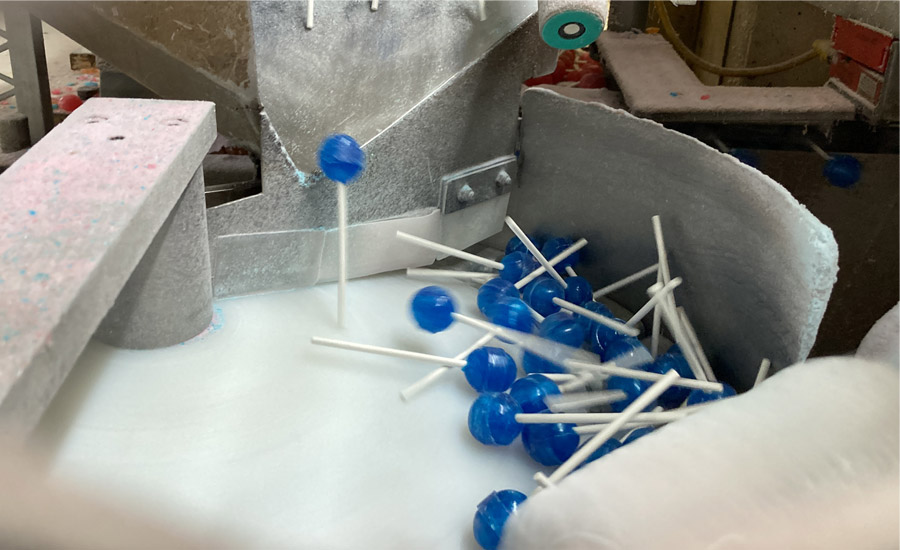
“In the industry, I could not believe the number of closely held family companies—a lot of them based around the Chicago area, some of them based around San Francisco, a lot of them in Philadelphia. I had the opportunity to visit a number of them and get to meet the people behind them and these ‘family people.’ It was an exciting [and interesting time] for me, and was part of my growth and opportunity,” he notes.
Vashaw says that being able to provide jobs in the community is something everyone at Spangler is also proud of.
“It's important that we provide stable employment, and good wages and benefits, for the folks that we have—we have over 500 now. Our employees and their families depend on what the company does. It's important that we continue to grow so we can [offer] these jobs,” he shares.
Hurley says that for him, the personal meaning of being in the confectionery industry was helping people grow.
“We worked with the confectionery industry, to provide education, so that [people’s] jobs are top notch. We did a lot of work on that. [I was] very happy about it; it was one of the highlights of my career,” he adds.
Nostalgia
“We have Dum Dums, which is going to be 100 years old in 2024, and Bit-O-Honey; there are plenty of old candy brands in the industry, and the industry is nostalgic. So it’s actually a plus [to be an old brand],” Vashaw explains. “Dum Dums are made completely different now; maybe not completely, but the automation, and the food science, and the food safety behind all the candies has evolved over 100 years, and it’s done without affecting the taste of it.”
“So when [Hurley] talked about the education and the advancement of the research, it evolves the industry without changing the industry—without changing the product—which is just very difficult to do. We now make 12.5 million Dum Dums per day,” Vashaw adds. “I'm sure if you told somebody back when Spangler bought Dum Dums, back in 1950, that that was even possible, they would tell you ‘that's not possible’—it probably wasn’t, back then. [However], it is now, and it's because we keep investing in the future.”
Industry changes
“I think the industry is changing because of safety [and] sanitation. Today, sanitation safety [checks] are way up from 1969-1970,” Hurley muses.
Fox says there are pluses and minuses, but there's quite a bit of consolidation going on within the industry. However, Vashaw says there are new companies that are springing up all the time.
“The industry itself is very supportive of new companies coming in. There are new ones that come up, even though yes, [there is] some consolidation. It’s about variety and new things as much as it's about the candies. There are also people trying new [products]; that's part of the industry, and everyone welcomes those new entrants,” Vashaw adds.
When asked how Spangler has changed over the years, Hurley says that, sanitation-wise, Spangler has private companies coming in and grading the company on how it operates.
“Look at your sanitation practices—the building itself—and a long time ago we didn’t have that; we do now,” he notes.
Vashaw says there's a lot more regulation today than there was, previously, but he doesn’t think it's overregulated.
“I mean, if you jump back 100 years, this industry had a problem with people dying eating candy, so food safety has come a long way—no one is dying of candy now,” he relates. “Now it's more minute things—i.e., maybe there's a piece of metal [in products]—but even metal detection now is so much better.”
Fox says that was the reason that the National Confectioners Association was formed—they began to realize they needed some quality assurance throughout the industry.
“They finally got their heads together and said ‘hey, we got to fix this,’” he notes.
Vashaw says that Spangler has certainly changed over the years, but in many ways is the same.
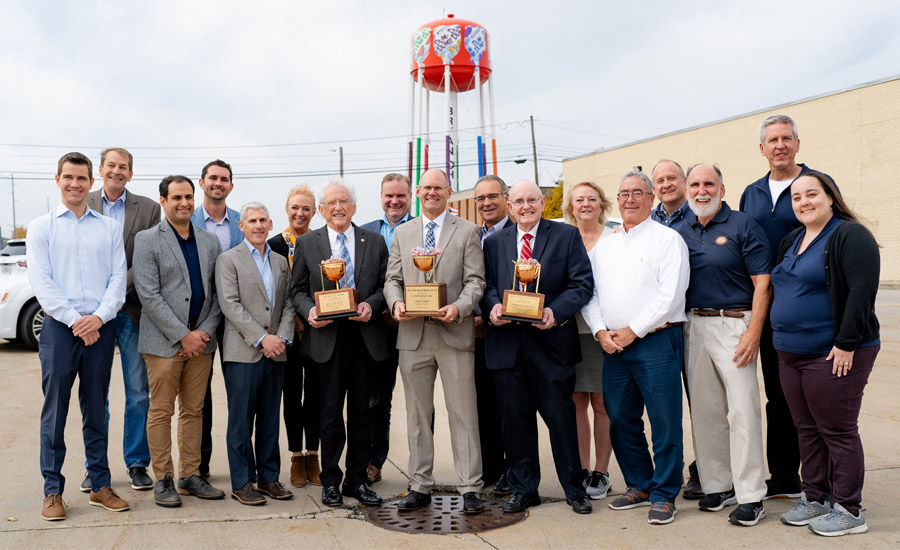
“The philosophy—we call them our basic beliefs: practical, market-wise, and independent—that is the same now as it was 80 or 90 years ago,” he says. “[This] helps our culture, which makes us able to respond quickly to things, because we have a good team and the team knows what to do. We’re thinking alike as we approach business problems—and that's a competitive advantage for Spangler.”
“That’s the legacy of these folks—and Pat's involvement and Dwayne’s involvement—and even going back to Ted Spangler, their involvement in the industry, in education in further industry, that’s literally in our blood in the way that we think about the business,” Vashaw adds. “That hasn’t changed at all.”
Discontinued products, new products
“Older candy brands evolve to look relevant and to have more relevant flavors,” says Vashaw. “We do have some newer Dum Dums flavors. We also have what we call our ‘sacred cows,’ which would be Root Beer and Butterscotch and Cream Soda; those are very unique to Dum Dums. There are people who identify the brand with those flavors,” he shares.
“As far as discontinued items—if you go to our museum, I've called it ‘a museum of failures,’” he jokes, “[because] it's hundreds of stuff that we've tried over the years that have failed. Sometimes quickly, and sometimes [slower], but that's part of the business cycle of trying new things—sometimes it works and sometimes it doesn't. And that's okay; you [have to] learn from that. But if you went into our store museum, you would think that ‘Oh my gosh, this is a bankrupt company,’ because all the things that we don't do anymore. It’s staggering.”
Vashaw mentions Spangler’s “Suck An Egg” product, now defunct, and Fox mentions “smokes,” aka candy cigarettes.
“You’d get arrested if you did that today! [Making] bubble gum cigarettes,” Vashaw exclaims.
Spangler World
Spangler used to feature a museum, store, and tours, but has shut them down. Spangler World, located in downtown Bryan, just opened in December and includes interactive historical displays, activities for all ages, a retail store with candy and merchandise, and a big screen theater tour of the factory.
“When the company turned 100, back in 2006, we opened a little store museum, just as a test,” Vashaw explains. “Ann Spangler, who is my aunt (she's third-generation [Spangler]), she was in charge of curating it and did a fantastic job getting a lot of old artifacts and old things [from] the history,” Vashaw explains.
“We started that, and then we rented a trolley for trolley tours around the factory for the public, and pretty soon we had four trolleys running around the factory,” Vashaw adds. “We had given tours to over 100,000 people, and we outgrew the space when COVID hit. It was also a problem that we had four trolleys running around the factory, and were also trying to make candy—I mean, we literally had traffic jams, and we had to put in stoplights. It just got to be overwhelming.”
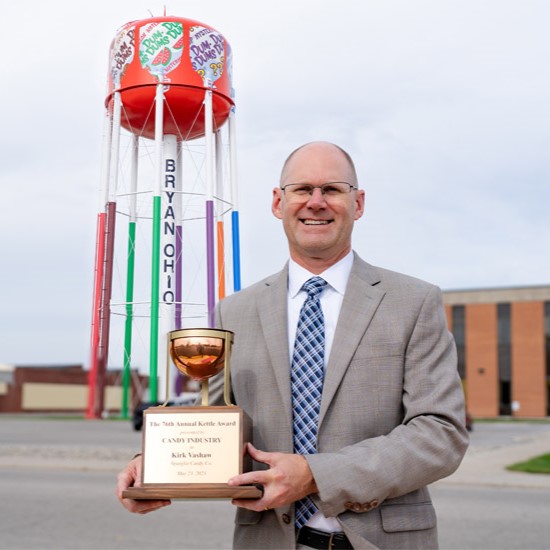
“From a security point of view and a food safety point of view, I think we did a good job with it, [especially] when you’re letting strangers into your plant. Now when you come in and visit, you [have to show] your driver’s license, so that if there’s a food safety problem, you know exactly who was in your plant,” Vashaw says.
After the tours stopped, Spangler bought a 150-year-old building on the downtown square in Bryan and has been working for two years to renovate it and turn it into Spangler World.
“It’s a lot more kid-friendly than the old store museum; we had some kids’ activities, but for the most part, it was very museum-oriented, which is not something that appeals to kids. This is going to be very interactive—it’s going to have a movie theater in it so you can actually [take] a virtual tour of the factory,” Vashaw reveals.
“We've got some robots; one of them is called Dwayne, [after Dwayne Fox], and the other is called Dave, after Dave Bauer,” he teases, causing Fox to laugh. “You guys were the ones that brought the robots to Spangler in the early ‘90s.”
“Kids will be able to learn about six-axis robots and how the different joints work. They'll have controllers, and there's a game that they can play to see who can pick up Dum Dums and move them to the bucket the fastest. So that will be with Dwayne and Dave the robots,” Vashaw says. “There [will be] other interactive things that kids can learn about—STEM-oriented. For example, thinking about how [one] would outfit a truck with pallets and [fitting it] within the weight parameters.”
“We've got a Sweethearts chapel, for photos and anything else; perhaps marriages—we’ll see. I wouldn’t be surprised if someone actually does want to tie the knot in our little Sweethearts chapel, but there might be some pretend [weddings], for sure. Obviously, there's a retail space and we've got a party room, too, that kids can rent out or families can rent out for birthday parties. We're really excited about starting [Spangler World],” Vashaw finishes.